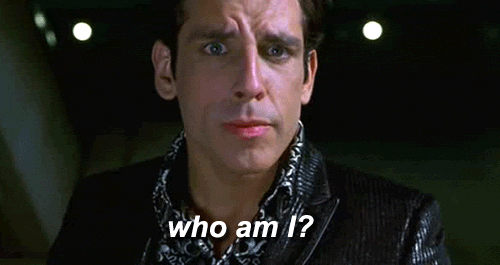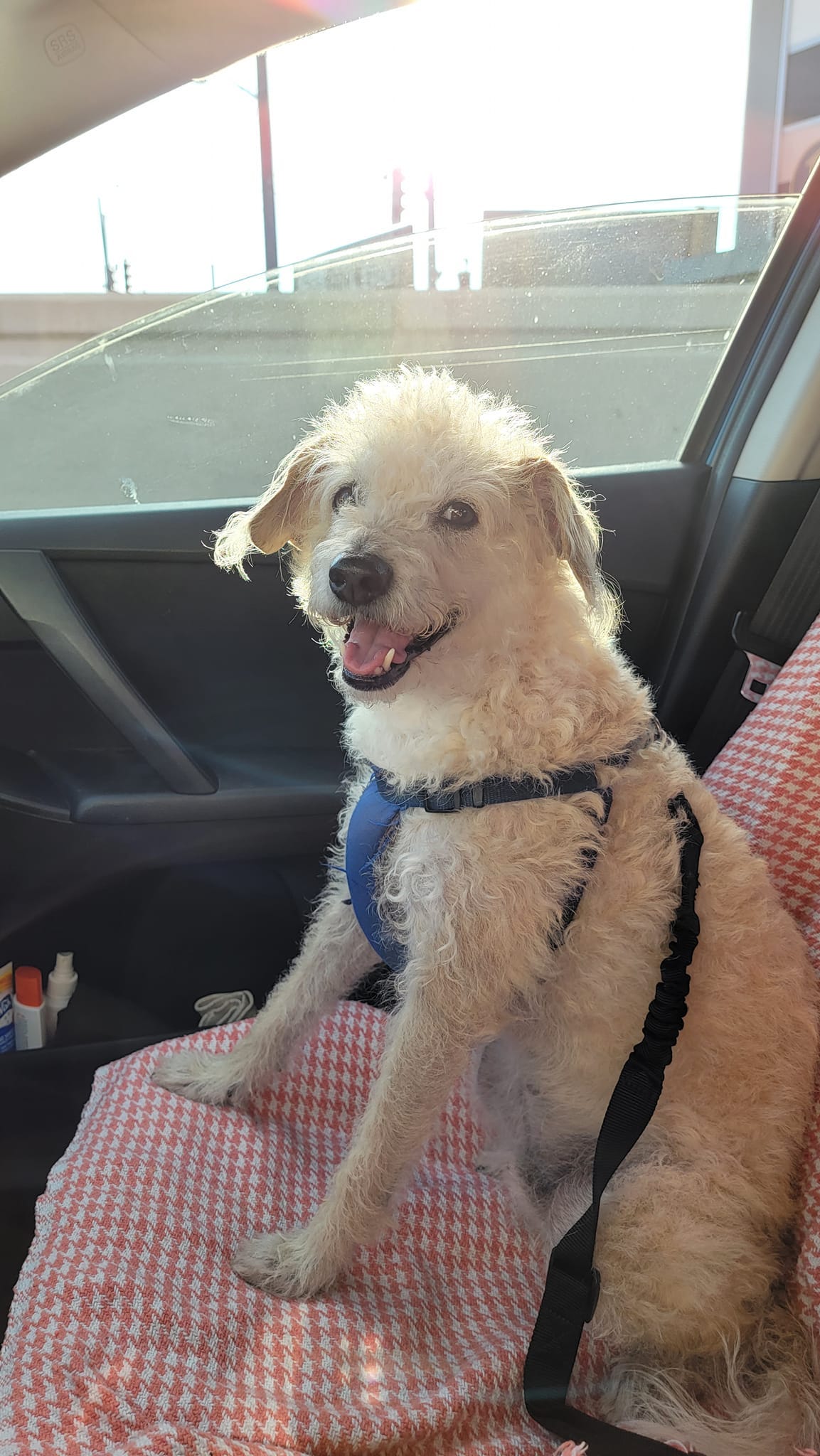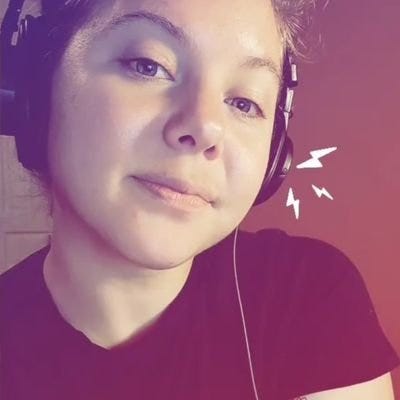The Indigenous Screen Office will now fund your podcast!
Vol. 24 - Internalized Canadian podcast shame, Indigenous podcast funding, and so many new shows!
Hihi!! Happy Pod the North Tuesday Friday!
Thanks for your patience this week, life has been one wild ride lately but I’m back! In positive news, only one month until I’m vacationing on the East Coast of Canada, and it need it to come way sooner.
In this issue:
Why am I itching to delete Canadian-identifying references from my podcast?
Isabelle Ruiz shares everything you need to know about the Indigenous Screen Office’s new podcast program.
Canadian Indie: YXE Underground
True North Podcast: Métis Speaker Series
Lots of Canadian podcast ecosystem updates!
ICYMI: There are currently 29 long-term drinking water advisories in effect in 27 First Nations communities across Canada.
Why am I itching to delete Canadian-identifying references from my podcast?
The last month has been spent producing a LOT of podcasts. At this point you could ask me about pretty much anything and I promise I’ll have an interesting little tidbit to share with you.
(Okay, ask me specifically about Doug Ford, Girl Bosses, Halal Travel, the International Federation for Equestrian Sports’s recent rule changes, Canada’s James Bond, or Biomimicry.)
Though the majority of the podcasts that I work are created by Canadians (and this newsletter alone should suggest that I am a proud Canadian) I noticed only today this urge that I kept having to edit out moments in conversation where people make reference to being Canada-based. I’m specifically talking about podcasts where being Canadian isn't necessarily a part of the foundation of their content here.
Upon reflection, I realized there was one weird reason why I was doing this — I had internalized this feeling that the podcast wouldn’t appeal to international audiences if it felt “too Canadian”.
What the hell?
This idea goes against everything I’ve ever preached about Canadian podcasting, and yet I still thunk it up.
I genuinely don’t think it’s true that, say, someone in Seattle listening to a podcast that mentions Canadian food, or cultural references, or even Canadian politics for that matter, is more likely to turn off a podcast.
I actually like to think that Canadian-ness ends up being a fun little quirk for podcast listeners no matter where they’re based - endearing even!
It’s ultimately hard to say for sure what global listeners think about Canadians on podcast (as some who is not, not-Canadian), but I don’t think I’ll ever forget the time I first started listening to Nightime and heard a man with a ripe Northern-Ontario accent describe a paranormal encounter. That was priceless, and certainly worthy of global interest.
What’s with me not giving global audiences enough credit to fall in love with CanCon?
Even worse, why is my instinct to not give Canadians enough credit for the incredible work that I know we’re capable of putting out?
My own indie podcast has a majority international audience, and we reference our home country all the damn time! I guess Americans did LOVE Schitt’s Creek after all.
How Canadian do you allow your Canadian podcast to be? Tell me!
A quick announcement!
Pod the North is now open for ad bookings! Tell the Canadian podcast community about your brand by booking the one-and-only ad spot at the top of the newsletter. :)
Thoughts from the ecosystem:
Isabelle Ruiz is trying meeting Indigenous storytellers where they are.
Exciting news for Indigenous podcasters! The Indigenous Screen Office has launched a pilot Podcast Program!
ISO Program Manager, Isabelle Ruiz, recently let me pick her brain about the program and get her thoughts on some concerns from Indigenous podcasters about applying for funding and the kinds of stories are being given the space to be told.
This interview has been edited for brevity.
Kattie Laur: Okay, what even is the Indigenous Screen Office?
Isabelle Ruiz: So the ISO was created in 2018 and it's an organization that came to be after decades, generations, of advocacy on the part of Indigenous storytellers, primarily in the screen industry, who were fighting for better, more accurate, more equitable representation, both behind and in front of the camera.
In 2018, it was founded and Jesse Wente was the Director of the office at that time. His mandate started with trying to get funding [and] trying to get established, and from there we've gotten funding via the federal government. Now our mandate has grown and we provide funding and advocacy.
On the advocacy side, which happens more at the Executive Director level, is with the government [and] with other screen-based organizations in Canada trying to make sure their practice is aligned with ours. Trying to make sure that legislation and other things happening are taking into consideration the needs and the lived experiences of Indigenous peoples.
The main thing that I'm involved in [as] Program Manager is the funding. So we offer a ton of different funding programs, partnership programs, strategic initiatives, and all of those are aimed at addressing different needs and different gaps in the industry for Indigenous creators. There's full-cycle production development, production, finishing funds programs that people can apply to, apprenticeships, travel, and then podcasting; which is one of our new programs.
Podcasting feels like a very natural home for a lot of Indigenous storytellers.
KL: So when it comes to the ISO actually getting that funding, is it only the federal government that you're getting money from?
IR: Our funding is both public and private. So we have some private partnerships that help fund our offering. So for example, we are currently in the midst of a partnership with Google, where they put up around $500,000 to help support some of our new programs; the interactive and immersive program, for example, which I also manage.
KL: That's super interesting! Give me the Cliffs Notes on the ISO’s new Podcast Program. I know it opened up in June and then it closes in November…
IR: Ya, one of the things that comes up again and again in our conversations internally and what we hear from people is trying to be platform agnostic and just meeting Indigenous storytellers where they are. Trying to just provide support in all the ways that we can. Podcasting is one of our attempts to do that.
There are so many incredible Indigenous storytellers making indie, grassroots works, and then obviously all the way up to Pulitzer-Prize winning Indigenous storytelling now. This is our way of offering support and a more formalized pathway for people to get those projects funded.
It's an application based program. The deadline is November 1st and you can request up to $30,000.
You can apply as an individual, including sole proprietors. You can be a company, collectives can apply and community groups. A lot of our programs are open to Indigenous governments who maybe have a department, like band offices that have departments that deal with language revitalization or culture, arts, things like that.
And we're funding basically every format. Every genre. We have a few things that we can't fund, like purely journalistic content, sponsored content, if it's to fulfill post-secondary credits. But we're trying to be really inclusive of what we're funding.
It opened in June and then it's closing in November, which for us is a longer intake period than normal, but we strategically tried to do that so that we could do more outreach and talk about the program more.
KL: Okay, immediately off the bat you answered so many of my questions, thank you, Isabelle! So are you looking to support new podcasts only or existing stuff?
IR: Existing and new.
KL: Final nitty gritty question, how many podcasts are gonna be selected for funding?
IR: I actually don't know how many podcasts we're going to be able to fund because from the conversations I've had so far [about] the need of the funding.
The max is $30,000, but people can request less than that, and the need can fluctuate so much. Some people might just need equipment, some people might want the full amount to be able to really produce the whole thing. Some people just wanna be able to pay guests.
I think after this pilot year those numbers are gonna be much more clear to me.
KL: I mentioned ahead of our chat that I wanted to get your reactions on some of the conversations that I've been having around Indigenous podcasts.
First, I've heard this concern about the podcasting space that there needs to be more unbridled expression of Indigeneity in podcasts without always having to discuss colonial legacies.
What's your reaction to that and how does that factor into how you’ll be looking at applications for the podcasting program?
IR: Yeah, this is something that I hear and we hear at the ISO very often. A guiding principle that I personally keep in mind and that comes up in conversations with the team a lot is that Indigenous storytelling is just stories told by Indigenous people.
They don't need to be about our experiences with the settler state, with colonial legacies, they can be about whatever. It's just about who is telling the story.
Another incredible thing about the ISO existing is that because we're a team of Indigenous people, our understanding and our entry point into Indigenous life, culture, stories, is not just residential schools or these things that maybe your average Canadian would imagine when they think about Indigenous people. We know that it's so much more than that and we also are wanting the stories about like, people's lives, and sci-fi, and pop culture, and whatever it is.
I really understand that sentiment because I know people go into pitch meetings with broadcasters, other funders, and there's this impression of an expectation of what an Indigenous story is. And it's really a big uphill battle. But we are really trying to just meet people where they're at and fund the stories that people wanna tell.
KL: I know you mentioned a longer intake period. What do you say to the concerns around barriers of education and timelines when it comes to Indigenous folks applying to grants?
IR: Yeah, this is a big tension that we hold and that we talk about a lot because this process was developed from other funding organizations in large part, which are colonial, which don't take into account people's real lives in a lot of ways.
I think our process is a bit different than other funders in that I think we approach things in a very relational way, meaning that we have conversations with just about every single person who applies to every single one of our programs. I'm always trying to book meetings and talk on Zoom or talk on the phone or meet people in person to talk about the application process and to understand their project. To understand where they're coming from so that I can just break it down with them.
Because I think one of the big things is that, if you can never speak to a program manager or officer, the process just seems like I'm just throwing this thing into the abyss and I don't know if someone's gonna read it. I don't know if someone knows that I exist.
[The ISO’s Program Managers] are the ones doing the research, doing outreach, drafting the guidelines, building the portal, writing the questions, following up with you after you've applied. Like it's just us, it's not some big operation. So I always encourage people to come talk and book meetings, and make myself as available as possible so that we can demystify some of that.
We do try to make our process just more straightforward. That's always something that's an iterative process – we're always trying to make it clearer, the question's clearer.
Having Indigenous people run these programs and work at this office helps us just intrinsically understand, and it's not gonna make everything perfect, but it's one step in the right direction.
KL: Is there anything that I missed that you'd wanna just throw out there?
IR: I mean, please reach out! If anyone asks you for my email, please give it to them!
What Isabelle is loving listening to:
Check out the ISO’s podcast, Storytellers!
Also, (I teased this in the last issue) the former Director of the ISO, Jesse Wente, had a great discussion on the BetaKit Podcast this week, about how the bills could impact Indigenous creators and what happened he talked to the tech giants themselves about supporting Indigenous content. The episode coincidentally also comes out today - catch it here!
Check out this Canadian Indie: YXE Underground
Eric Anderson, talks to people who are doing amazing things in Saskatoon, Saskatchewan, but are flying under the radar.
True North Podcast Feature: Métis Speaker Series
Get a stronger understanding of Métis culture and language.
Darian Kovacs, a curious Métis business leader, father, and author, interviews Métis leaders, Elders, and knowledge carriers to reveal what it means to be Métis in today's world, and how they are building a stronger Métis Nation. Episode topics range in dealing with rebuilding and reconciliation, two-spirited champions, the Michif language, and more!
What’s going on in Canada’s podcast ecosystem:
Candian news podcasts are officially being censored by Meta, including The 905er Podcast. Matt Cundill of The Sound Off Podcast joined The 905er on their show to talk about it.
Three new podcasts have joined the Harbinger Media Network: Green Planet Monitor (this week’s episode takes place in my hometown of Milton, ON), Autour de L'info, and Gender Sex and Tech (feminist intersectional lens on tech). Add them to your queue!
Updates from CBC Podcasts!
- CBC Podcasts has announced 6 new podcasts, with a couple TV shows headed to the podcasting space. Catch Stuff the British Stole: Season 3, David Suzuki's Survival Guide: A Retrospective, 10 Minutes to Save the Planet, The Heart: Dad, and two TV-to-podcast shows including; This Is That and CBC Marketplace.
- PLUS, CBC Podcasts has launched its YouTube channel with over a dozen of their most popular shows.Vancouver talk radio vet, Jon McComb, is the new host of The Bureau Podcast, a companion podcast to the Investigative Journalism Substack, The Bureau.
Tenderfoot TV has announced a new slate of podcasts coming out in 2023, including Dear Alana hosted by Simon Kent Fung. The show explores the story of an aspiring nun who underwente seven years in conversion therapy.
Quill Inc. has released a new whitepaper revealing how valuable podcasts are for brands. Check it out.
Matt Hird has re-joined Signal Hill as their Senior Research Director, after a year in Custom research at CBC.
Triton has released June’s Canada Podcast Ranker, with four CBC podcasts in the top ten podcasts.
Canadian kids are listening to podcasts! According to a new report from Media Technology Monitor Junior, one in seven Canadian kids is listening to podcasts, and three in five children who listen to podcasts do so weekly. [HT: Merideth Kelly]
For your pod:
The 2nd Annual Signal Awards has extended its entrey deadline to August 11th!
Test your podcast’s concept before you launch it! Coleman Insights has launched a Pod Predictor, which gathers and shares feedback from surveys to help you improve your podcast’s chance of success early on. Go test it out!
Need a name for your podcast? Transistor.fm has created a podcast name generator to go play with.
Submit your podcast’s updates for the EarBuds Podcast Collective newletter’s Community section. Submit!
Should You Promote Your Podcast On Meta's Threads? Catch this helpful episode from the Buzzsprout Buzzcast.
Just Joe (awaiting a delectable Pup Cup)…
If you have thoughts or Canadian podcasting news, please share them with me! Leave a comment or reply to the newsletter email.
If you’re feeling generous there are a couple ways to financially support Pod the North at any budget. You can Opt-in to pay for this Substack on a monthly or yearly basis, buy me a coffee, or now, buy an ad!
Thanks for supporting Pod the North, I’ll be back in your inbox in two weeks!
Kattie | @Podkatt
(Find me on Twitter, Threads, Spotify, and Goodpods)






